Notes on The Mellow Way
Notes on The Mellow Way
Overview
I wrote and edited The Mellow Way over the summer and fall of 2022. The Mellow Way is not meant to be an original or direct translation, but rather an interpretation that conveys a contemporary way to access and understand the way that life is and how the world works from an experiential perspective. I felt a deep connection to the Dao upon first hearing it. It was like my own thoughts on life had been written down for me. My purpose in writing this was to truly personalize and expand on this feeling. The Dao begins by stating that the true Dao cannot be written or spoken. The words simply try to describe it while knowing they will fail. Humbly, the text asked me for another attempt at describing what is indescribable.
Sources
The two main sources used for The Mellow Way are the Online Translation of the Tao Te Ching by Derek Lin via taoism.net and Tao Te Ching: A New English Version by Stephen Mitchell. I listened through Stephen Mitchell’s translation numerous times before and during the writing of the interpretation. The writing was mostly done by reflecting and interpreting Lin’s translation line by line. While other versions were read, compared, and consulted, these two make up most of source for The Mellow Way. Mitchell’s was in my mind while I looked directly at Lin’s.
Approach to the Interpretation
The main approach to The Mellow Way was to make an easily accessible interpretation that felt true to myself, my contemporaries, and future readers.
Natural
I am an explicit, positive atheist; and therefore, I set out from the beginning of the interpretation with the goal of removing mysticism and divinity from the text. If there is any truth to the way of life, it must follow natural laws and causes. This was also to make the way more accessible to the spiritual and non-spiritual alike. The Mellow Way can exist on its own or in dialogue with spiritual texts (Taoist or otherwise) because it does not presuppose any divine causes. The world works the way it does and that is an answer enough for this interpretation and myself. If the reader chooses to add some god(s) in place of that answer, the truths revealed in the way would still hold. The way needs no divine figureheads or moral authority. It has no afterlife. It merely is.
Present
Many interpretations make references to ancient masters or the past as if were some ideal time and place. However, there is no historical record of these people or times. Therefore, I worked under the assumption these references were merely conventions of Lao Tzu’s time and place. These were not ancient masters or times as in reality, but were metaphorical allusions to convey and give importance to the deep wisdom being described. While there may have been specific people or times which were being referred to, no clear connections are made. Much like the Natural approach, I believed removing these references made the text more accessible to a wider contemporary audience. The way needs no rooting in ancient wisdom to give weight to its conclusions. Because it is purposefully obtuse and unnameable, there could not be a time or people who mastered it. We have and will always only follow it.
Genderless
I wanted to remove any references to gender for multiple reasons. One is a core belief that from an experiential perspective, there are very few differences inherent between genders. We are born into bodies outside of our own choices or wills; societies treat individuals differently based on these bodies. All 81 poems that comprise the way are applicable to any person regardless of their gender or other physical attributes. To place gender into any of them would be to create separation amongst them.
